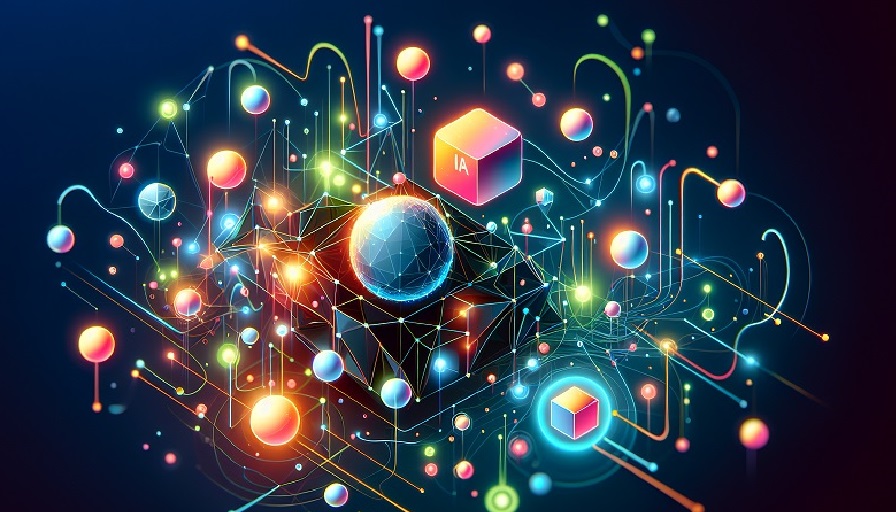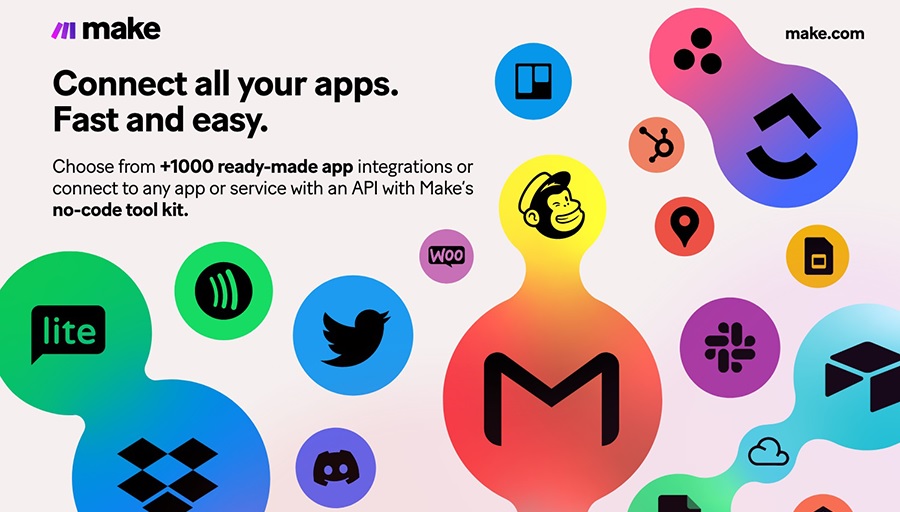
Artificial intelligence is often described in futuristic terms, but AI agents are not just concepts for tomorrow. They are already embedded in the tools, systems, and processes that shape how businesses, governments, and individuals operate today. By acting as decision-makers, assistants, and problem-solvers, AI agents are quietly transforming industries in ways that are both practical and profound. To understand their impact, it helps to look at real-world examples where AI agents are already at work.
Contents
What Makes AI Agents Different?
Traditional automation follows predefined instructions. If condition A occurs, then action B follows. AI agents, however, are designed to adapt and respond to changing environments. They use machine learning, natural language processing, and reasoning abilities to make decisions on the fly. This flexibility makes them suited for complex, unpredictable scenarios where rigid rules fall short.
Business Use Cases
Customer Support
Customer service has become one of the most visible applications of AI agents. Intelligent chatbots handle thousands of queries simultaneously, providing instant responses to routine questions. They can escalate issues to human staff when needed, but in many cases, customers receive accurate help without waiting. This reduces operational costs and improves customer satisfaction.
Sales and Marketing
AI agents support sales teams by analyzing customer data, predicting buying behaviors, and recommending tailored outreach strategies. Marketing departments use them to personalize campaigns at scale, ensuring that the right message reaches the right audience at the right time. Instead of mass marketing, AI enables individualized engagement.
Human Resources
Recruiting and onboarding are also being transformed. AI agents screen resumes, identify the strongest candidates, and even schedule interviews. By automating the repetitive aspects of hiring, HR teams can spend more time engaging with candidates and building organizational culture.
Healthcare Use Cases
Patient Monitoring
AI agents monitor patient vitals in hospitals and even at home through wearable devices. By analyzing heart rate, oxygen levels, and other indicators, agents can alert healthcare providers when intervention is necessary. This real-time monitoring improves patient safety and reduces strain on medical staff.
Diagnostics
Medical imaging is another area where AI agents excel. They can review X-rays, MRIs, and CT scans faster than human radiologists, highlighting anomalies that require closer inspection. This does not replace doctors but acts as a second set of eyes, reducing diagnostic errors.
Treatment Recommendations
By analyzing patient history alongside clinical research, AI agents suggest treatment plans tailored to individual needs. Doctors can then review and refine these suggestions, combining machine precision with human judgment.
Finance Use Cases
Fraud Detection
Financial institutions rely on AI agents to detect fraudulent transactions. By identifying unusual patterns in spending or account activity, agents can block suspicious actions in real time, protecting customers and reducing losses.
Algorithmic Trading
In the stock market, AI agents execute trades based on market trends and predictive models. They analyze millions of data points in seconds, reacting faster than human traders could. This enables firms to capitalize on opportunities and mitigate risks.
Customer Insights
AI agents also provide banks and investment firms with insights into customer behavior. By analyzing transaction histories, agents recommend financial products tailored to individual clients, improving engagement and loyalty.
IT and Operations Use Cases
Cybersecurity
AI agents play a crucial role in identifying and neutralizing threats. They monitor networks for unusual behavior, detect vulnerabilities, and even deploy automated fixes before human teams can respond. This proactive approach reduces the risk of breaches.
IT Support
Help desks often use AI agents to handle common support tickets. They can reset passwords, configure software, or guide users through troubleshooting steps. By resolving these routine tasks, IT staff can focus on more complex problems.
Workflow Optimization
In large organizations, AI agents streamline operations by coordinating workflows across departments. For instance, they can ensure that supply chain data is instantly shared with sales and logistics teams, eliminating bottlenecks and reducing costs.
Government and Public Services Use Cases
Smart Cities
AI agents are central to smart city initiatives. They monitor traffic patterns to reduce congestion, manage energy grids for efficiency, and even predict crime hotspots to allocate law enforcement resources effectively. These applications improve the quality of urban living.
Public Health
During global health crises, AI agents analyze vast amounts of epidemiological data to predict outbreak patterns. Governments use these insights to prepare resources, distribute vaccines, and communicate risks to the public more effectively.
The Benefits of Real-World Applications
- Scalability: AI agents handle millions of interactions simultaneously, something humans cannot achieve alone.
- Speed: They process data in real time, enabling faster responses in critical scenarios.
- Cost Reduction: Automation reduces reliance on manual labor for repetitive tasks.
- Accuracy: AI agents reduce human error by making decisions based on data rather than assumptions.
Challenges and Risks
Despite their advantages, AI agents come with limitations. Bias in training data can result in unfair outcomes, especially in hiring or lending decisions. Over-reliance on automation can also reduce human expertise if teams stop questioning or understanding the logic behind AI decisions. Security is another concern, as agents themselves could become targets for cyberattacks.
Looking Ahead
The current real-world use cases of AI agents represent just the beginning. As technology matures, we can expect agents to take on even more sophisticated roles, from managing entire business ecosystems to collaborating with human teams in creative problem-solving. The future will likely see a balance, where AI handles the routine and complex data processing, while humans bring empathy, vision, and ethics to the table.
AI agents are not a distant dream – they are here, active, and shaping industries in measurable ways. From healthcare to finance to customer service, their real-world applications are evidence that artificial intelligence is already a trusted partner in decision-making and operations. The organizations that learn to harness this partnership will not only work smarter but also position themselves to thrive in the evolving landscape of AI-driven innovation.

